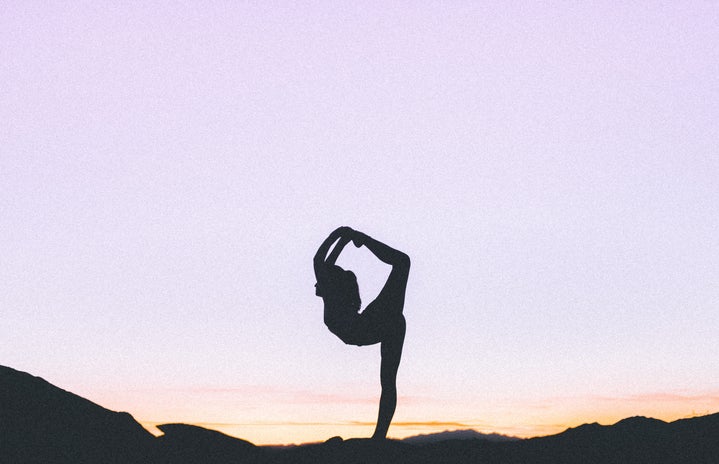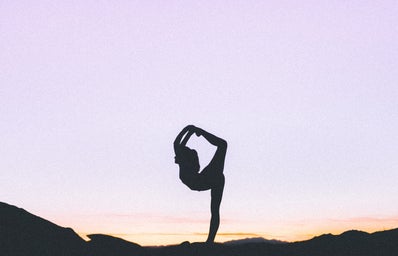Do you find yourself daydreaming about going back to bed? Are you missing your usual motivation? Daylight savings only began on November 3 and you might already be experiencing some of the most common side effects: general fatigue and that overall feeling of meh we all dread. You might feel like this is an unavoidable part of the wintertime, but we’re here to tell you that with a few adjustments, you can control these side effects and adjust your circadian rhythm to the new schedule.
Light Is Your Best Friend
Don’t underestimate the power of opening your curtains in the morning, after all, light is your body’s principal environment cue. Even if the sun isn’t shining its brightest when you wake up, exposing yourself to different sources of light can really help your body wake up. This is also why you should avoid screens before you go to sleep, you need to prepare your body to rest in the dark. Try being near sources of natural light through the day, it will surely help you stay awake and energized.
Don’t Overdo it With the Stimulants
We know, this sounds counterintuitive. How can coffee, the only thing that gets you out of bed in the morning, be messing up with your energy levels? Well, to begin with, it might be responsible for the fatigue headaches you often experience during daylight savings. And if you take it after 2 p.m., it might mess with your ability to fall asleep later, which will result in even more fatigue the next day. If you’re feeling sluggish in the afternoon, try instead an energizing green juice or something a little sweet, you’ll thank yourself when it’s time to turn off the lights!
Don’t Neglect Exercise
Pushing yourself to run your daily miles when you can barely stay awake sounds like torture, but when it’s over, those endorphins will make it worth it. There’s probably not a better way to be energized than exercising, and if you neglect your body’s need for activity daylight savings might actually hit you harder. Try starting with something simple, like a little yoga or simple stretches to get yourself in the mood, we guarantee your body will feel great!
Be Careful With Your Sleeping Schedule
Sadly, for most of us staying in bed all day isn’t a viable option. We wish we could sleep for more than ten hours too, believe us. But instead of focusing only in the quantity of sleep you get, try paying attention to the quality too. We mentioned before the effects that light and caffeine can have in your sleeping schedule, why not try to incorporating into a bedtime ritual? For example, set your bedtime for an hour earlier than you usually would, avoid screens for at least an hour prior and make yourself a warm cup of any relaxing herbal tea blend that you like. Add a comfy bed and a dark, quiet room to the mix and you’ll fall asleep in seconds. When you’re well-rested, mornings will definitely become easier, as will getting through the day.
Indulge in Those Supplements
Can’t fall asleep at all? Try some melatonin. Energy levels still too low to function? You might be lacking some vitamin B12. Is it too dark where you live to absorb sunlight? Get some vitamin D3. Ask a professional before making any changes to your supplement intake, but try to go prepared with a list of the issues you’re facing to give your doctor a better idea. Not even the best sleeping habits, exercise routine or superhuman determination will help when your body is missing essential vitamins, so listen to your body and supplement what you can’t get in nature.


